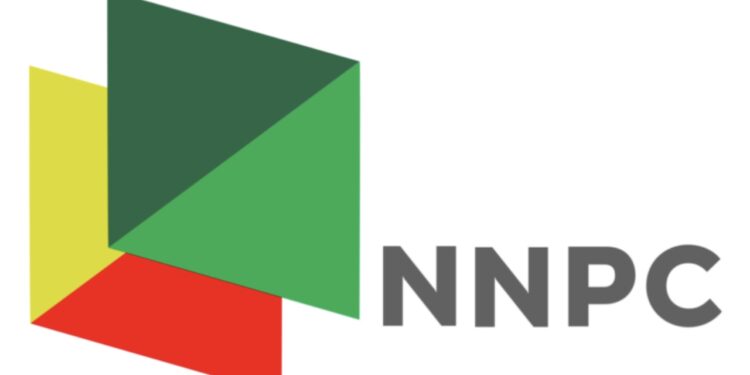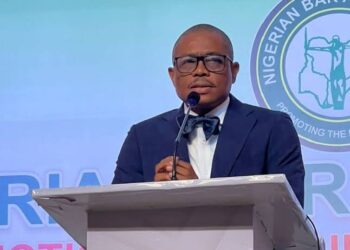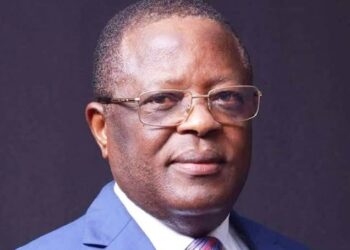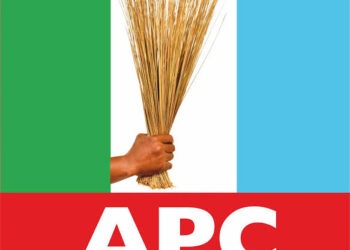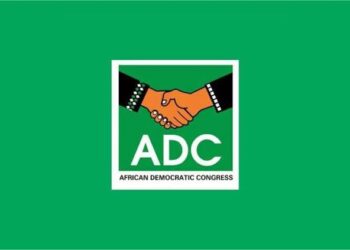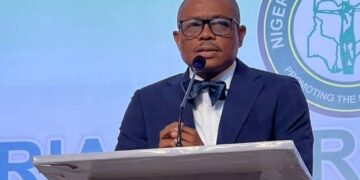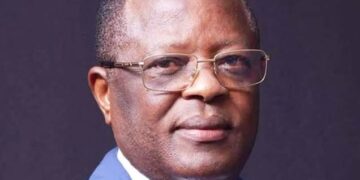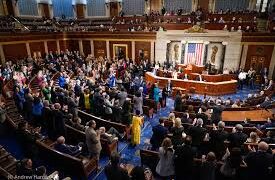The Nigerian National Petroleum Company Limited (NNPCL) has completed the transfer of all its retained assets to OVH Energy Marketing Limited, a company known for operating Oando Petroleum.
OVH Energy is owned by Wale Tinubu, who is the nephew of President Bola Tinubu. This transfer follows a recent court approval which allowed NNPCL to move its Retail ownership and assets to OVH Energy. The NNPCL Retail division is a key player in the importation of petrol in Nigeria, making this transfer a significant move in the country’s energy sector.
In October 2022, NNPCL made headlines by announcing that it had acquired OVH Energy Marketing from Nueoil Energy Limited. This acquisition came just one month after Nueoil Energy had purchased OVH Energy. The move was aimed at capitalizing on OVH Energy’s established success in the downstream sector of the oil industry. By taking over OVH Energy, NNPCL sought to leverage the existing infrastructure and business model of Oando’s service stations across Nigeria.
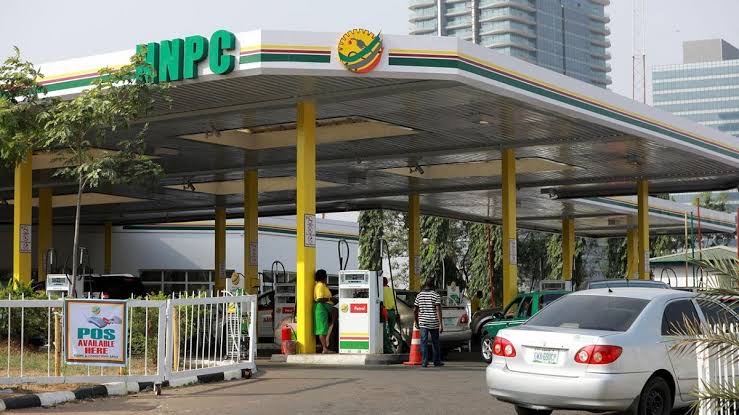
The merger process was formalized through a series of legal actions. On June 24, NNPCL, OVH, and Nueoil filed a joint petition with Justice C.J. Aneke of the Federal High Court in Lagos. They requested eight specific court orders, including the dissolution of NNPC Retail and Nueoil without requiring formal liquidation procedures. They also sought approval for the transfer of assets to OVH Energy Marketing.
Justice Aneke granted these orders, which made the merger effective as of January 2024. Despite the court’s approval, the manner in which the transaction was handled has raised several concerns. An employee from NNPC Retail has described the transaction as “criminal,” suggesting potential issues with the integrity of the process.
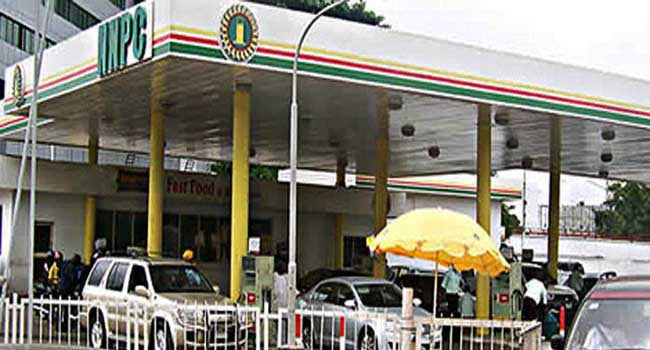
Additionally, an investigation by reporters uncovered discrepancies related to the number of filling stations claimed by OVH Energy. This investigation revealed that OVH Energy’s former CEO, Huub Stokman, who is now the new Managing Director of NNPC Retail, was involved in the deal. This development has added a layer of complexity and raised questions about the transparency of the transaction.
The concerns surrounding the merger highlight broader issues within Nigeria’s oil sector, particularly regarding the management and accountability of state-owned enterprises. As the merger progresses and the new structure takes effect in January 2024, stakeholders will be closely monitoring the integration of NNPC Retail’s operations into OVH Energy’s framework and the overall impact on Nigeria’s petrol supply and distribution network.
This expanded situation underscores the need for thorough scrutiny and transparent practices in high-stakes transactions involving major national assets. The outcome of this merger will likely influence future business dealings in Nigeria’s energy sector and could set precedents for how similar transactions are conducted and reviewed.


